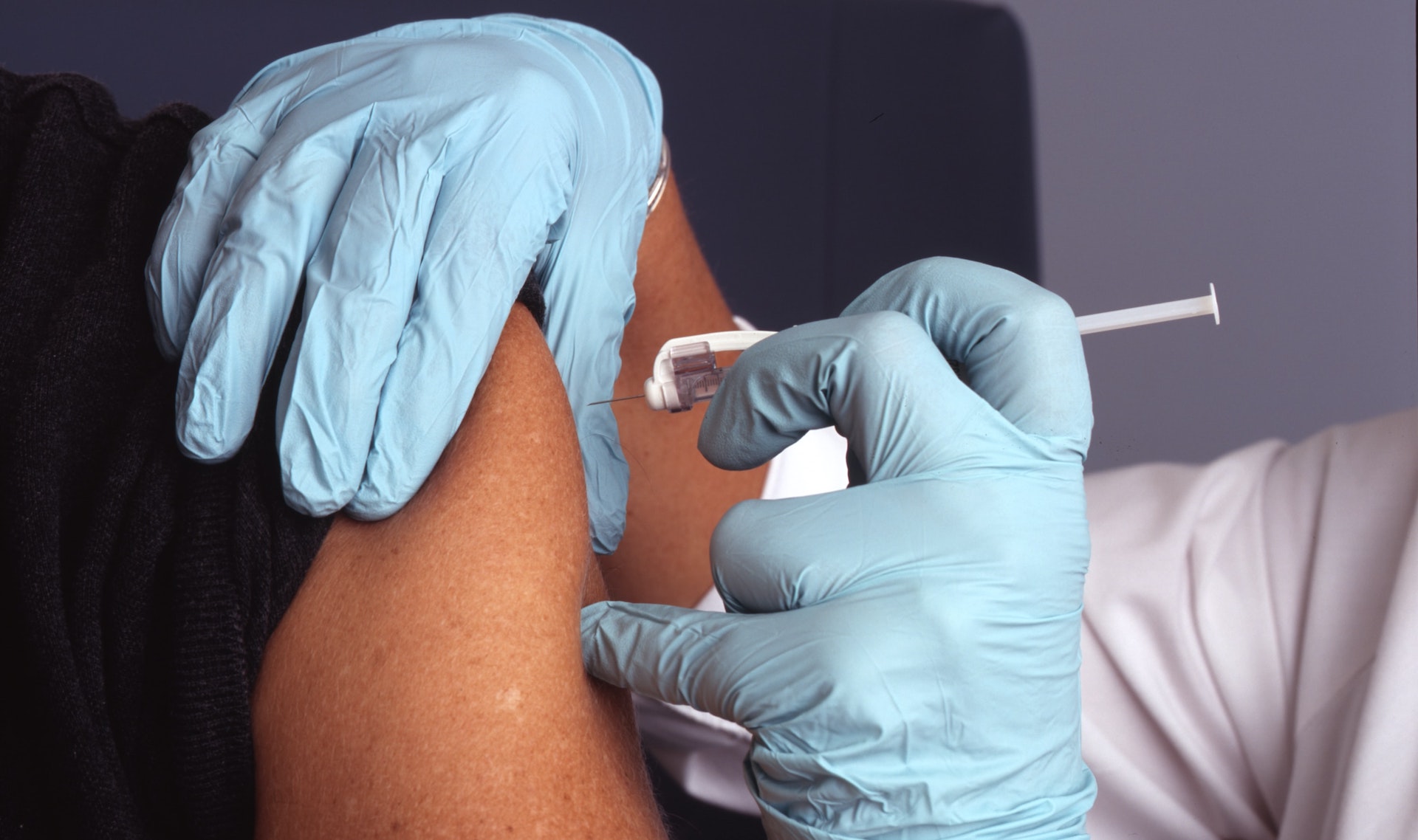Herd immunity and a vaccination game: An experimental study
SHARE THIS

Would the affected communities voluntarily obtain herd immunity if a cure for COVID-19 was available? Wooyoung Lim (HKUST) and Pengfei Zhang (Cornell) experimentally investigate people’s vaccination choices in the context of a nonlinear public good game. A “vaccination game” is defined in which costly commitments (vaccination) are required of a fraction of the population to reach the critical level needed for herd immunity, without which defectors are punished by the natural contagion of epidemics. Their experimental implementation of a vaccination game in a controlled laboratory setting reveals that endogenous epidemic punishment is a credible threat, resulting in voluntary vaccination to obtain herd immunity, for which the orthodox principle of positive externalities fails to account. The concave nature of the infection probability plays a key role in facilitating the elimination of an epidemic.
This paper was shared with The World Health Organization due to its potential impact on the development of some new policies to deal with the COVID-19.
Citation
Lim W, Zhang P (2020) Herd immunity and a vaccination game: An experimental study. PLoS ONE 15(5): e0232652. https://doi.org/10.1371/journal.pone.0232652
The Paper
Read this manuscript published on May 14, 2020 on PLOS ONE.
Get updates from HKUST IEMS






